Buying or selling a property is a significant transaction that involves various legal processes and paperwork. One crucial document in this process is the property sale agreement, which serves as a legally binding contract outlining the terms and conditions of the sale. This agreement protects both the buyer and the seller, ensuring a clear and dispute-free transaction.
In this guide, we will explore what a property sale agreement is, why it is important, how to create one, provide examples, and offer tips for a successful property sale.
What is a Property Sale Agreement?
A property sale agreement, also known as a purchase agreement or sales contract, is a legally binding contract that outlines the terms and conditions of a property sale. It serves as a written agreement between the buyer and the seller, establishing the rights and obligations of both parties. This agreement ensures that the sale is clear, transparent, and without disputes by clearly defining the terms of the transaction.
The property sale agreement includes essential information such as the property’s address, purchase price, payment terms, closing date, and any contingencies or conditions that need to be met before the sale is finalized. It is a vital document that protects the interests of both the buyer and the seller, ensuring a smooth and legally sound transaction.
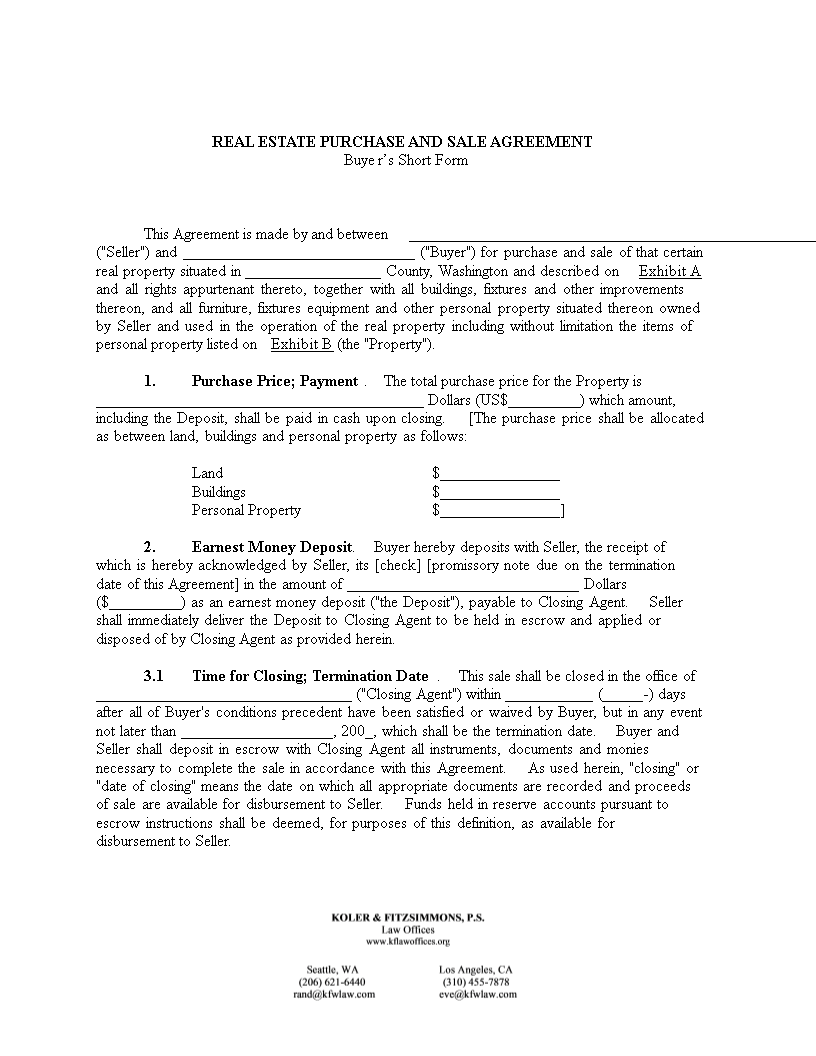
Why is a Property Sale Agreement Important?
The property sale agreement plays a crucial role in the property buying and selling process.
Here are some key reasons why this agreement is important:
- Legal Protection: The property sale agreement provides legal protection to both the buyer and the seller by clearly stating the rights and obligations of each party.
- Clarity: By detailing the terms and conditions of the sale, the agreement ensures that both parties have a clear understanding of their roles and responsibilities.
- Preventing Disputes: A well-drafted property sale agreement helps prevent disputes by addressing potential issues and contingencies upfront.
- Enforceability: In the event of a breach of contract, the property sale agreement serves as evidence of the agreed-upon terms and can be used to seek legal remedies.
How to Create a Property Sale Agreement
Creating a property sale agreement requires careful consideration and attention to detail.
Here are the steps involved in creating an effective property sale agreement:
1. Gather Essential Information
Start by gathering all the necessary information related to the property sale. This includes the property address, purchase price, down payment amount, financing details, and any contingencies or conditions.
2. Identify the Parties Involved
Identify the buyer and the seller in the agreement. Include their legal names, addresses, and contact information to ensure accurate identification and communication.
3. Define the Terms and Conditions
Clearly define the terms and conditions of the sale, including the purchase price, payment terms, closing date, and any contingencies or conditions that need to be met. Be specific and avoid any ambiguous language.
4. Include Property Details
Include detailed information about the property, such as its legal description, boundaries, and any included fixtures or appliances. Attach any relevant documents, such as the property survey or inspection reports.
5. Address Contingencies and Conditions
If there are any contingencies or conditions that need to be met before the sale is finalized, clearly outline them in the agreement. These may include obtaining financing, satisfactory inspection results, or the sale of another property.
6. Specify Closing and Possession Dates
Specify the closing date, which is the date when the property transfer will occur, and the possession date, which is when the buyer will take possession of the property. Ensure that both parties agree on these dates.
7. Review and Sign the Agreement
Once the agreement is drafted, review it carefully to ensure accuracy and clarity. Seek legal advice if necessary. Once both parties are satisfied with the agreement, sign it to make it legally binding.
Examples
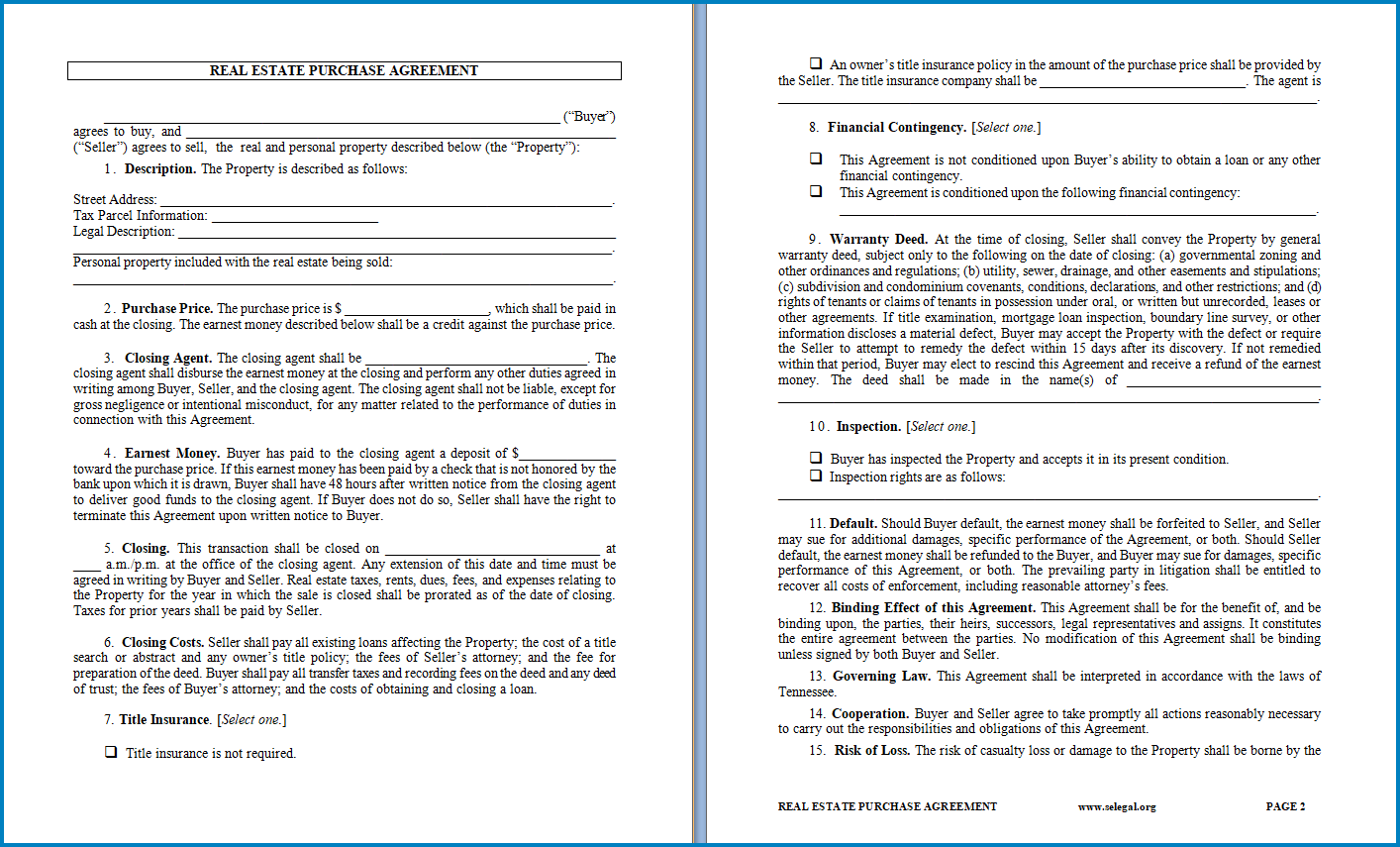
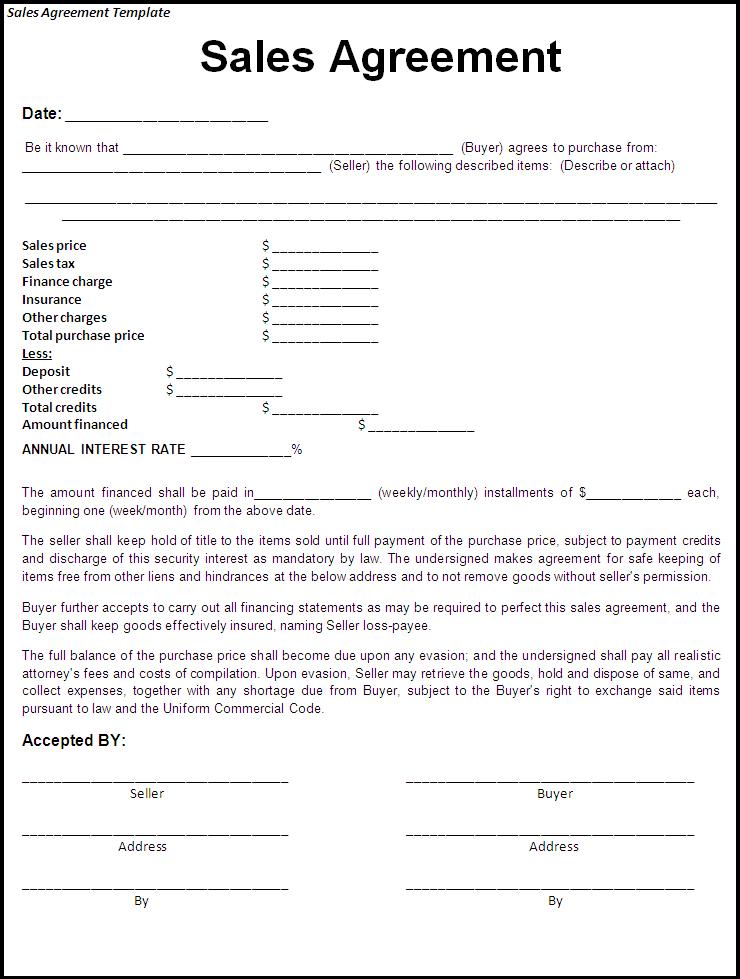
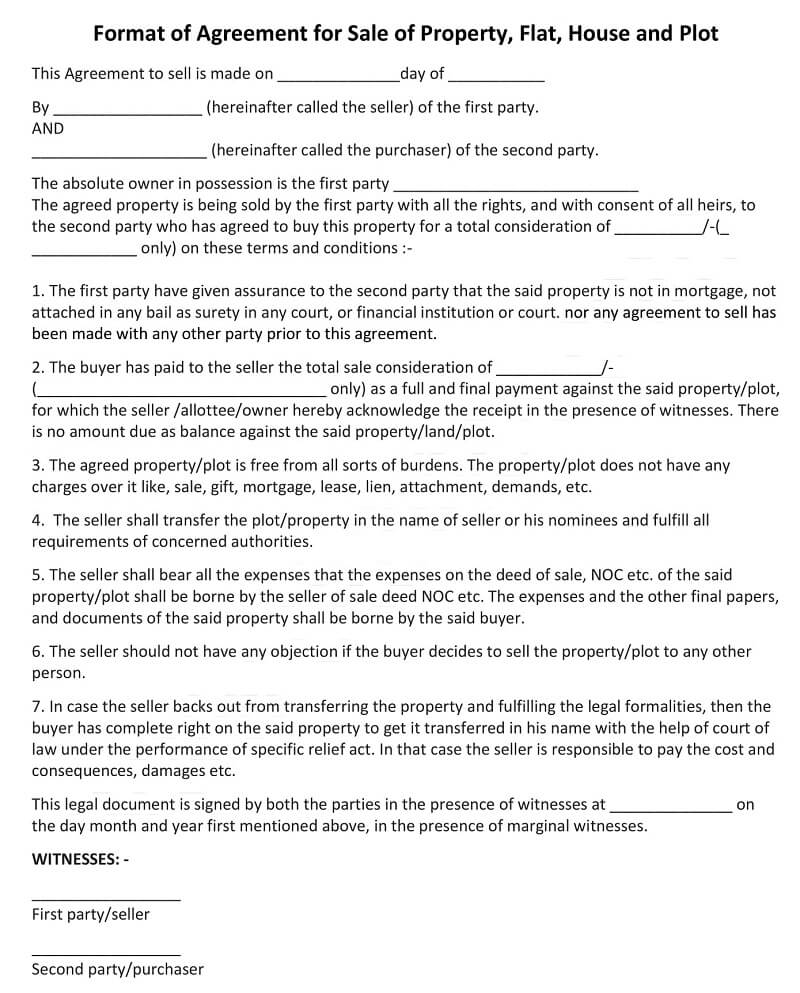
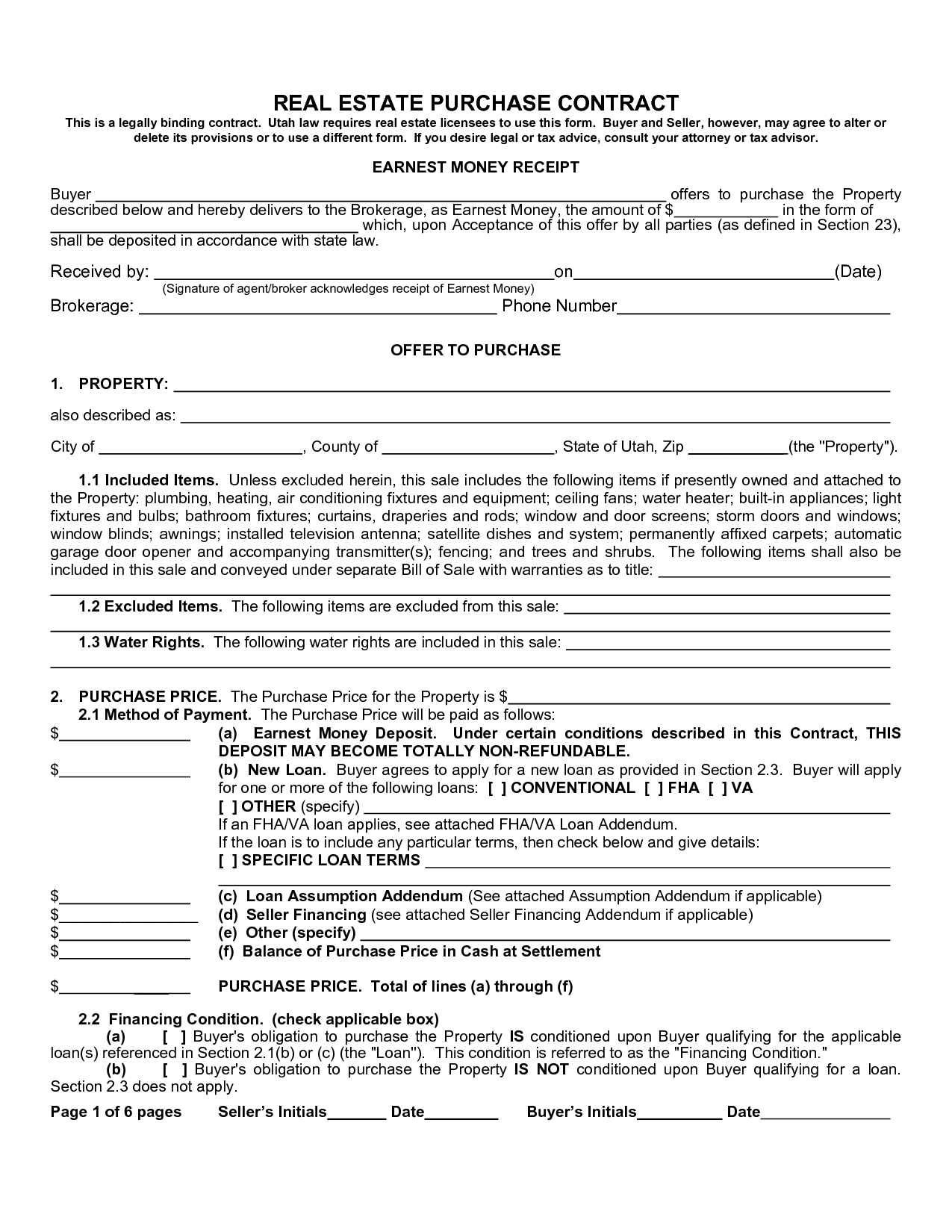
Tips for a Successful Property Sale
To ensure a successful property sale, consider the following tips:
- Get Professional Advice: Seek legal advice or hire a real estate attorney to help you draft and review the property sale agreement.
- Be Thorough: Pay attention to detail and include all necessary information in the agreement to avoid misunderstandings or disputes.
- Communicate Clearly: Maintain open and transparent communication with the other party throughout the process to ensure a smooth transaction.
- Complete Due Diligence: Conduct thorough inspections, property surveys, and research to ensure you are fully aware of the property’s condition and any potential issues.
- Keep Records: Keep copies of all documents, communications, and agreements related to the property sale for future reference.
By following these tips and creating a well-drafted property sale agreement, you can ensure a successful and hassle-free property sale.
Conclusion
A property sale agreement is a crucial document that protects the interests of both the buyer and the seller in a property transaction. By clearly outlining the terms and conditions of the sale, this agreement ensures clarity, transparency, and a smooth transaction.
Whether you are buying or selling a property, understanding the importance of a property sale agreement and following the necessary steps can help you navigate the process successfully. Seek professional advice, be thorough in your documentation, and maintain open communication to ensure a positive and legally sound property sale experience.
Property Sale Agreement Template – Download